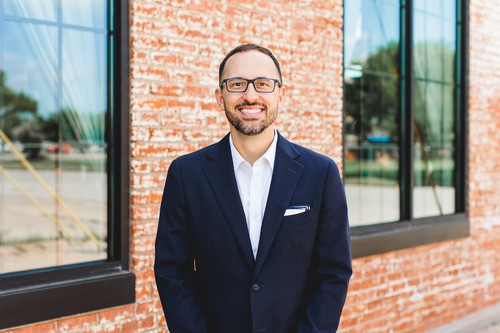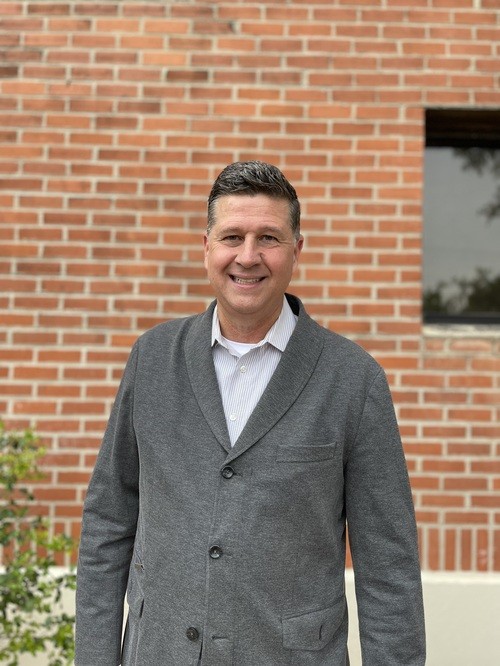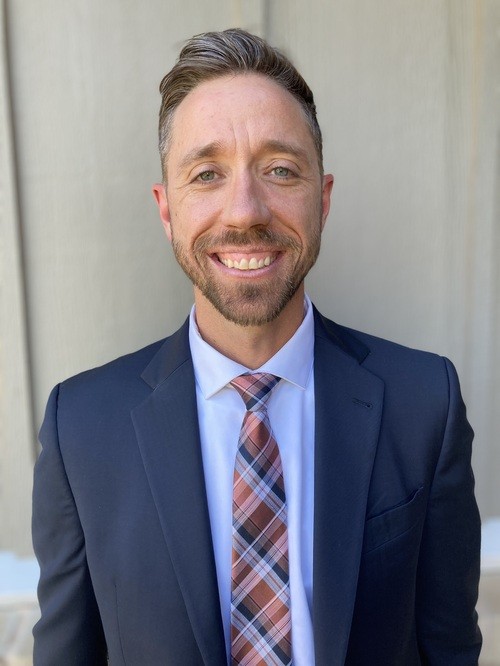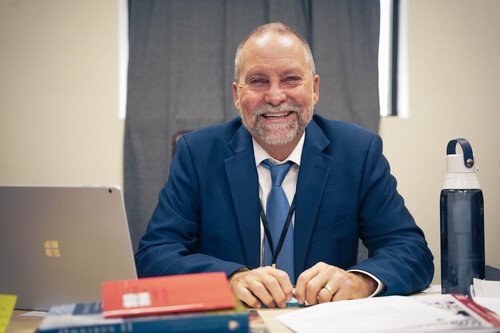A culture of grace means we are hospitable, generous, warm, and welcoming, as God has been toward us. A culture of excellence means we strive to honor God by being great at what we do. As an extension of this commitment, we will expect our teachers, parents and students to be respectful ambassadors of our school through dress, conduct, etiquette and the like.








